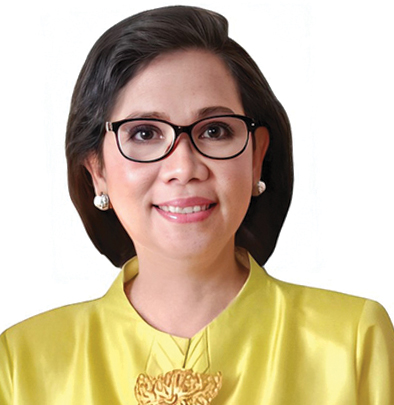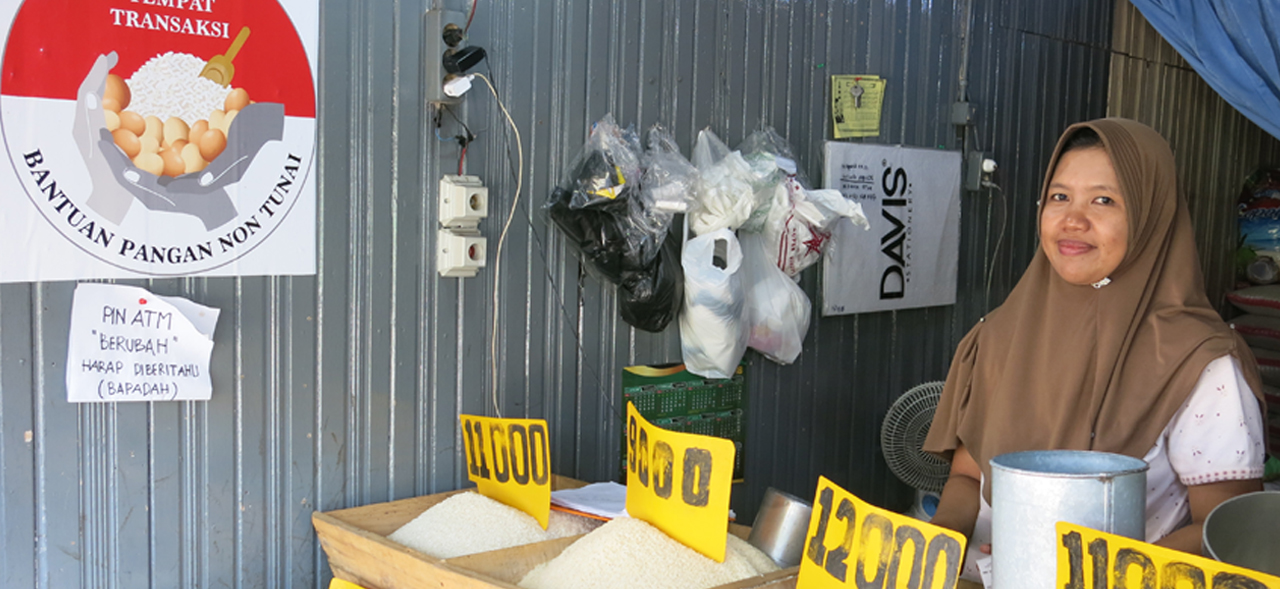Lenny Nurharyanti Rosalin

Lenny Nurharyanti Rosalin
Lenny Nurharyanti Rosalin, SE, M.Sc, M.Fin is a Deputy Minister for Gender Equality, at the Ministry of Women Empowerment and Child Protection, Indonesia. She holds a master’s degree with dual specialization in Monetary Economy and Financial Investment from the University of Illinois at Urbana-Champaign, Illinois, USA.
Posts by Lenny Nurharyanti Rosalin
 Blog
Blog
Putu Monica Christy and Lenny Nurharyanti Rosalin
Closing the digital gender divide: What’s next for the digital economy?
Feb 13, 2023
 Blog
Blog
Manoj Nayak, Rhifa Ayudhia and Lenny Nurharyanti Rosalin
Transitioning the informal economy to a formal one
Jan 16, 2023
 Blog
Blog
Manoj Nayak, Rhifa Ayudhia and Lenny Nurharyanti Rosalin
Women in the digital economy
Jan 13, 2023
This site uses cookies, by continuing your navigation, you agree with our Cookie Policy.Ok
